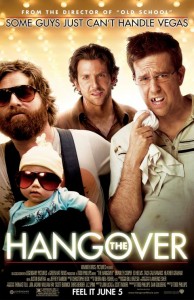On Friday we comb through our extensive archives to find an older article that we feel deserves another look. From October 26, 2011, Dungeon’s Master once again presents: Breaking Away From Procedural Story-Telling.
When you watch an episode of CSI, Law & Order, or NCIS you know that by the end of the show all the loose ends will be tied up. The villain will be captured, the conflict resolved and the story wrapped up nicely. This formula for procedural story-telling is gratifying because you know that it’s going to be self-contained. There’s rarely an expectation that you’ll need any more than a rudimentary knowledge of the story coming in and that when it’s done you can walk away satisfied that no questions were left unanswered.
D&D adventures usually follow a similar procedural approach. The DM sets the stage, introduces the conflict and the villains, and after a few encounters everything is resolved. The exception is a long-term home campaign where the DM creates a much larger story arc, but even when this is the case the stops along the way are almost always resolved as quickly as they happen.
This is not to say that procedural story-telling is a bad thing. If it’s what everyone expects and it makes all the participants happy then by all means keep doing it. But if this is the way your game has run for as long as you can remember then perhaps it’s time to leave some details unresolved. After all, real life isn’t usually anything like the procedural shows we see on TV. There are always loose ends and things left unresolved.
